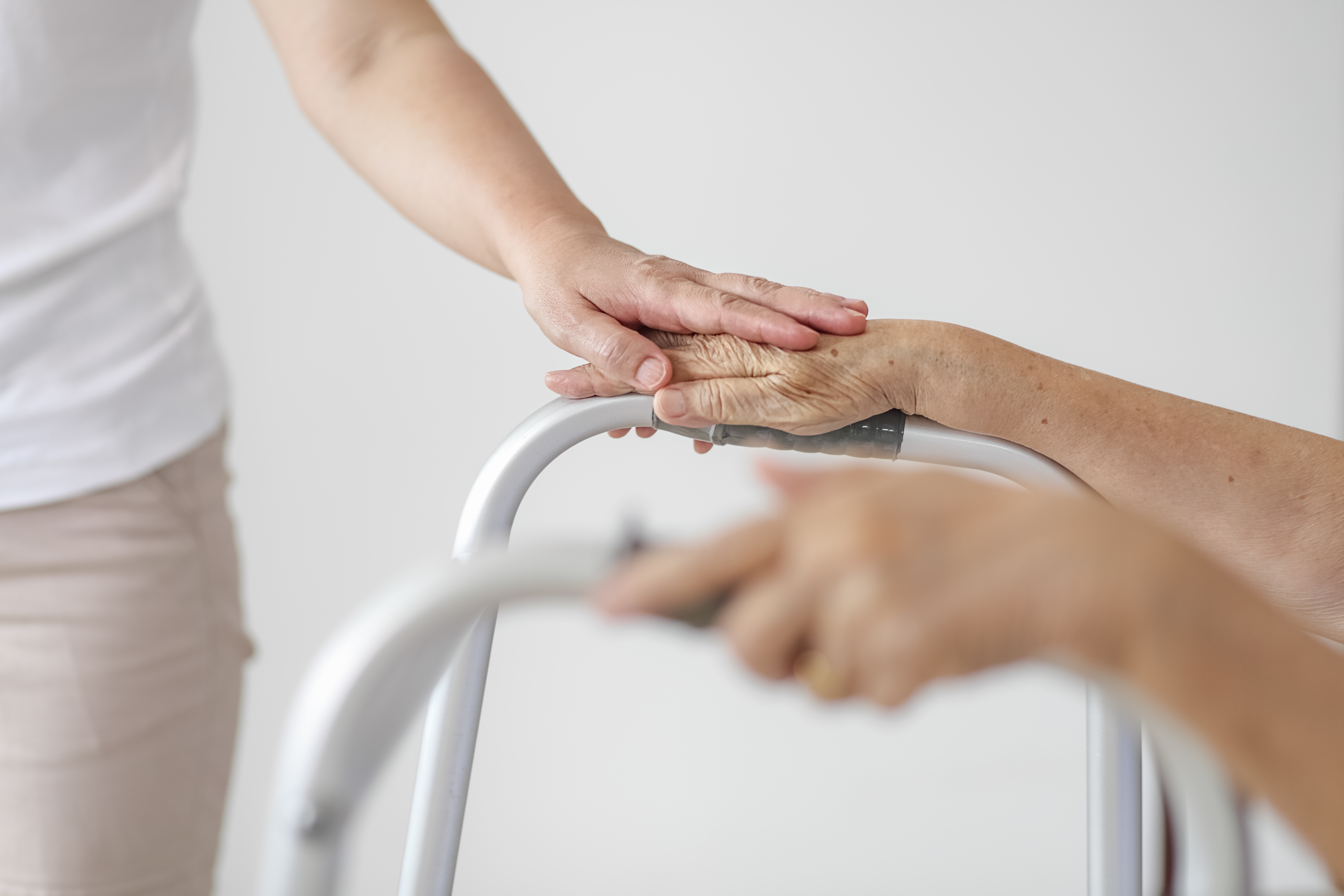Rehabilitation Care and Covid-19
Posted on:

Rehabilitation Care and Covid-19
by Ella Clayton
As COVID-19 has shaken up normalcy and changed our daily lives, we have persevered and learned so much about this disease to better treat those who have contracted it. For the older population, COVID-19 has had devasting symptoms that require specialized care to aid the recovery process. Rehabilitation care can help COVID-19 patients’ recover physically as well as mentally from severe cases of the disease.
For COVID-19 specifically, patients in recovery may need rehabilitation to deal with the after-effects of the disease such as lung damage, heart damage, cognitive impairments, conditions affecting the blood vessels, lasting effects from complications such as heart attacks or strokes, anxiety, depression, trauma, muscle pain, joint pain, and chronic fatigue. Patients who receive ICU-level care have the possibility of developing weakness that can directly damage nerve and muscles in the body. This weakness can affect the lower legs, hands, fingers and impact activities of daily living. Patients who required a ventilator during the disease may experience further complications, possibly delirium or airway injuries. A patient’s cognitive status after COVID-19 varies from entirely intact to severely impaired. Risk factors for having severely impaired cognitive function include older age, longer time on a ventilator, and neurological complications. Commonly patients after COVID-19 appear to have slowed cognitive processing speed, decreased ability to analyze images visually, and reduced attention.
Rehabilitation care that COVID-19 patients may need includes physical therapy, occupational therapy, speech therapy, pulmonary rehabilitation, cognitive rehabilitation, and mental health support. Rehabilitation is essential after any debilitating disease or injury. Without it, patients may continue to have weakness and possible cognitive impairment for an extended period, if not permanently. If a patient doesn’t receive the proper rehabilitation care, it can also be a health risk. If a patient recovers physically but not cognitively, they can put themselves in danger and those around them by performing daily tasks with poor safety judgment. The earlier that rehabilitation can occur after an illness, the better the outcome will be.
As COVID-19 has shut down our plans, our businesses, our past mindset of what everyday life was, rehabilitation care has adapted and become a vital aspect of the healthcare community. Virtual rehabilitation care has become more common to reduce infection rates and will continue to aid those long after the COVID-19 pandemic has concluded. Hybrid models of care have also become an important staple of COVID-19 patient care, where some services are provided virtually, and some are provided in person. No matter the mode of delivery, rehabilitation care is an irreplaceable aspect of recovery from COVID-19, and Vertis Therapy is proud to be a provider of these services to our clients.

